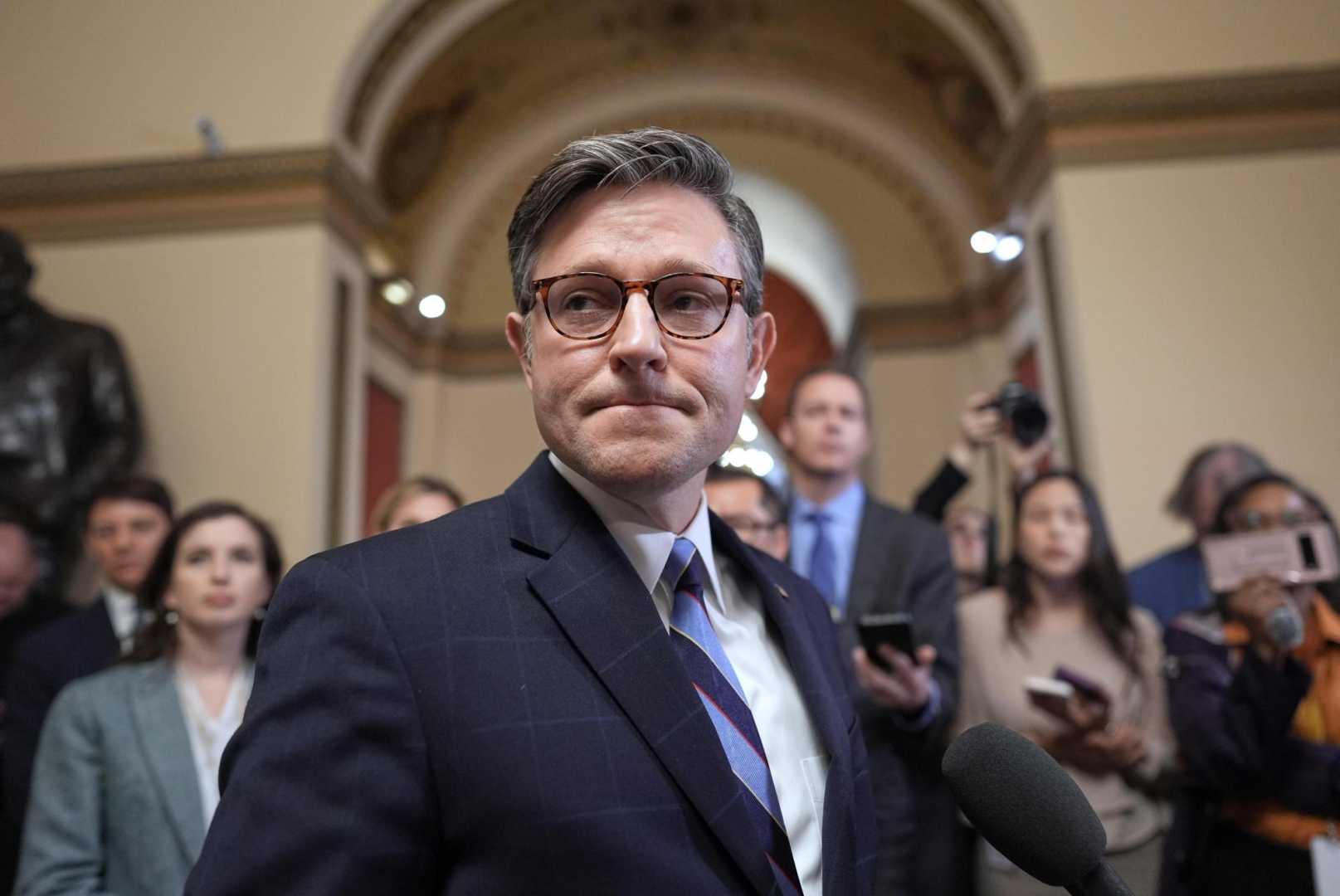Politics
House Republicans Propose Major Tax Cuts Ahead of 2026 World Cup

WASHINGTON, D.C. — House Republicans are unveiling a substantial tax and spending cuts package as they prepare for the 2026 FIFA World Cup, a global event expected to draw massive attention and economic impact. The proposed legislation, dubbed the ‘big, beautiful bill,’ aims to extend the 2017 Tax Cuts and Jobs Act while fulfilling several campaign promises from former President Donald Trump.
The House aims to offset potential tax cuts, totaling trillions of dollars over the next decade, with at least $1.5 trillion in spending reductions. Specifics of the plan include significant investments at the U.S. southern border and the creation of a new missile defense shield, as well as a notable overhaul of the federal student loan system.
House Speaker Mike Johnson hopes the package will reach a vote before Memorial Day. However, the Senate has expressed differing opinions on what should be included, complicating the process as Republicans navigate the budget reconciliation route, which allows them to advance the bill without Democratic support.
Eleven House committees are now assessing various aspects of the proposed legislation. One significant change would cap annual federal aid for students based on the median cost of college and eliminate certain loan deferment programs. Additionally, a new fee structure for asylum seekers and higher budgets for border security are major features of the package.
The House plans to invest $625 million for the 2026 FIFA World Cup, showcasing a commitment to international events while managing domestic economic policies. Other budget allocations include $46.5 billion for border barrier expansions and technology investments to reinforce drug and human trafficking detection efforts.
The upcoming changes to the Consumer Financial Protection Bureau are aimed at limiting its authority over Federal Reserve funds, while the extensive defense budget proposals reflect a focus on strengthening national security.
As discussions continue, the controversial elements—such as cuts to Medicaid and food assistance—are yet to be addressed. The actions taken by Congress now could pave the way for how the United States approaches both economic policy and global events in the coming years.












